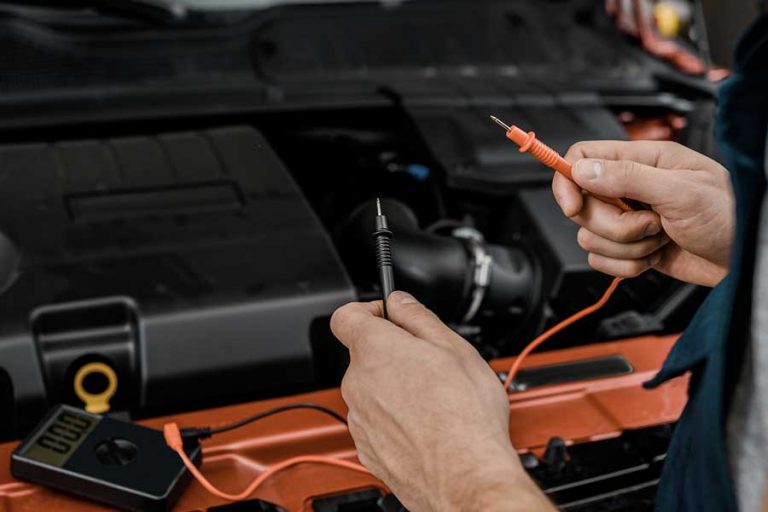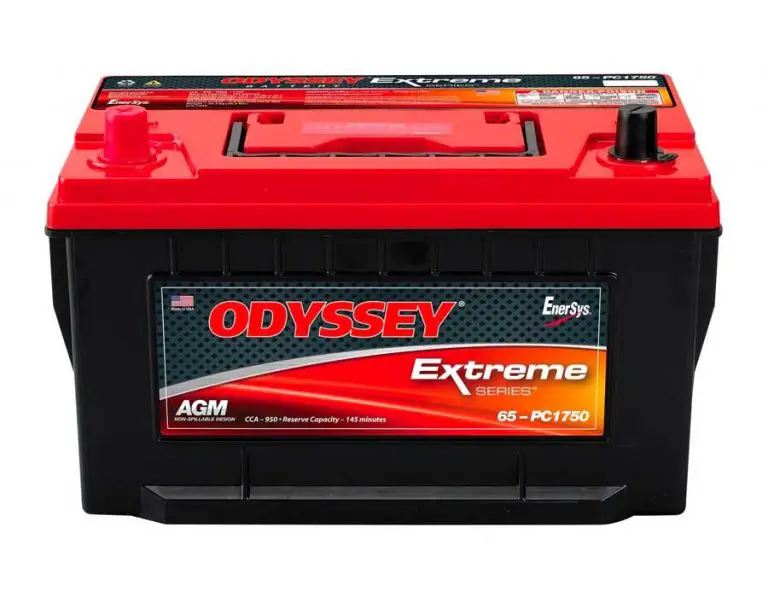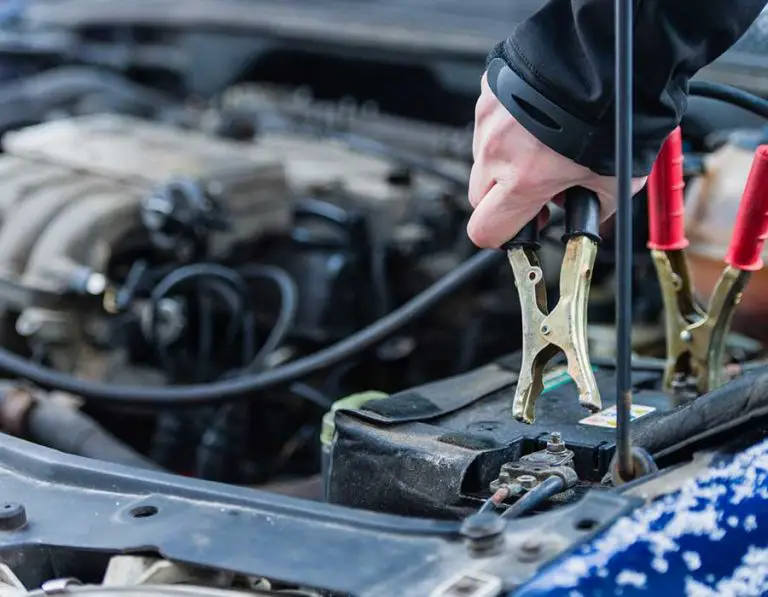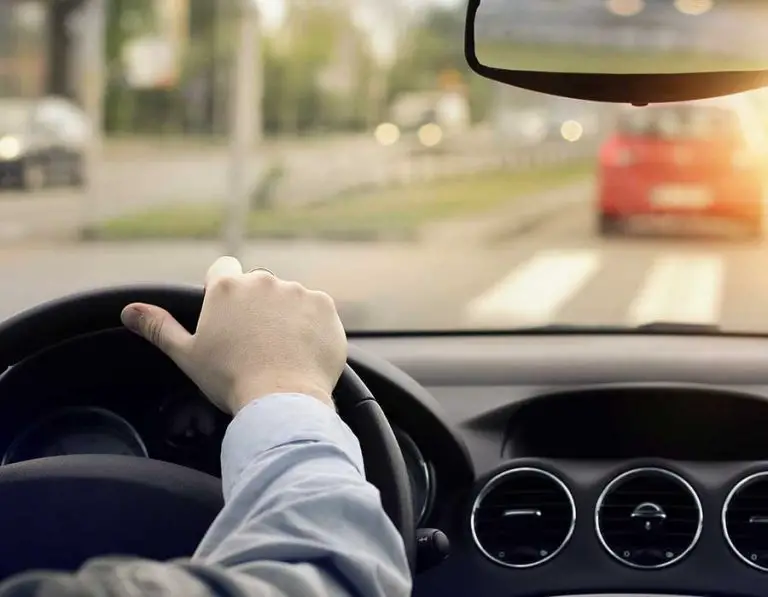Can Corroded Battery Terminals Be Why A Car Won’t To Start?
Cart batteries can be very delicate in terms of how a little problem can affect the car’s function as a whole. Proper maintenance is needed for your car battery to keep it working as it should.
When you keep using your battery, there are chemical reactions that take place, producing residues. This residue deposits around the battery hardware and can affect its function.
What Is Corrosion?
Corrosion happens when water comes in contact with ferrous metals or conductive metals. This contact produces a residue around the metal, which is white or bluish-gray. This build-up can hinder contact between the battery terminals and the cable, affecting the flow of current. In chemical terms, corrosion is when a metal is converted to its oxide, hydroxide, or sulfide state when in contact with moisture or water.
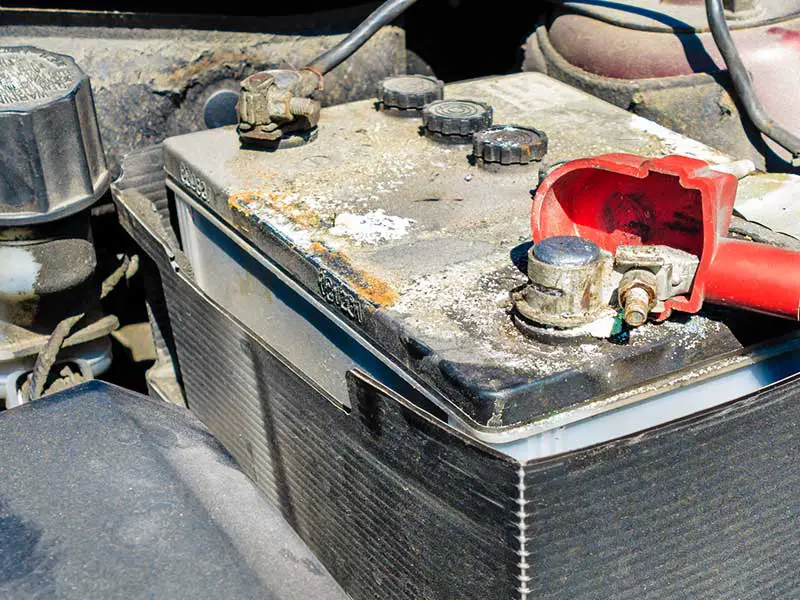
What Causes Corrosion In Car Batteries?
Overfilling the battery
Some batteries require water for the acid mixture to operate. Filling the battery with excess water can cause it to overflow out of the battery. This can lead to corrosion as water comes in contact with the battery terminals.
Leaking battery
Electrolyte leaking from the battery can come in contact with the terminals and cause residue to build up around it. If your battery is leaking, try to solve the situation or replace the battery as it is too dangerous.
Overcharging the battery
Charging a battery for a long period can raise the heat level, causing the acid mixture to expand, and the water evaporates. The electrolyte is under pressure and finally escapes as a gas through vents. The gas reacts with the battery terminals and causes them to corrode.
Chemical reaction on copper
When the battery leaks sulfuric gas, it can produce copper sulfate on interaction with the copper clamps. This chemical interaction leaves the residue of copper sulfate on the terminals.
Life span
If a battery has been serving for a long, then it is possible that the case itself is deteriorating, leading to leakage, swelling of the plastic, and so on. This can cause the terminals and other metal parts to build up corrosive residue and gunk.
Can Corroded Battery Terminals Cause A Car Not To Start?
Yes, if the residue is so much around the terminal, causing little or no contact between the terminals and cable, it can cause the car not to start. The car needs an electric current to start at all. Electric current flows through conductors, usually two ferrous metals in contact with each other. In the case of a car battery, the conductors in contact are the battery terminal and the cable. Any hindrance to the flow of current will lead to a slow start or no response at all.
Corrosion also weakens metal parts and weakens the cable connections. The vehicle’s electrical system does not respond properly, and the engine also stalls or refuses to start. This can also affect the car’s onboard computer.
How To Prevent Corrosion
Anti-corrosive spray: different brands of anti-corrosion spray are available on the market. Ensure that the cables are disconnected before applying.
Petroleum jelly or grease: like anti-corrosive spray, it prevents the metal from rusting. It is a cheaper alternative to the spray and works just as fine. Also, remember to ensure the battery is disconnected before applying.
Regular checks: Checking your battery from time to time will help detect any signs of corrosion quickly before it gets out of hand.
Avoid overcharging: Monitor the battery while it is charging to avoid overcharging. Also, avoid keeping your battery in hot, humid areas, which will expand the acid and force it out as gas.
Do not overfill: Use only the right amount of water when refilling the acid.
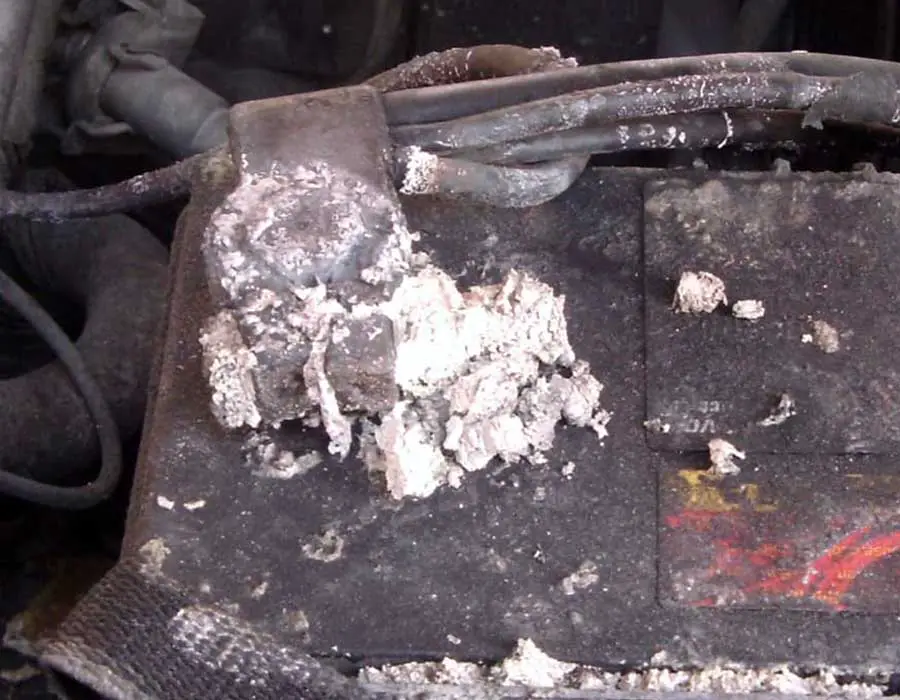
How To Get Rid Of Corrosion In Batteries
Getting rid of corrosion around your battery terminal is easy and does not take too much time. Here is what you need;
- Battery cleaning spray (as an alternative, you make a DIY battery cleaning solution with baking soda and water)
- Wire brush
- Clean rag
- Safety gear (safety gloves and goggles)
- Wear something you would not mind having stained
Steps To Cleaning Corrosion Residue
- Apply the battery cleaning spray to the battery terminal, and use the wire brush to scrub off the build-up. If you are using the DIY mix of baking soda and water, add a bit of water till it forms a watery paste, then apply to the terminals and scrub. You can also apply the baking soda to the terminals, wet them with water, and scrub
- Rinse the scum off with clean water, and wipe dry using a clean rag. You can also leave it to air dry for an hour or two.
- Apply petroleum jelly, grease, or anti-corrosion spray to the terminals to protect them from further rusting.
FAQs
Will corrosion drain the charge on a battery?
Corrosion does not necessarily drain your car battery, and it just affects connection and the flow of current. Connections affected by corrosion also cause increased resistance.
Does corrosion mean permanent damage to the battery?
It is easy to get rid of corrosion on your battery. It does not permanently damage it. Signs of a damaged battery include the inability to hold a charge swollen or cracked open case. Other signs of a bad battery that the car can show include dimming headlights, stereo or radio not working, hard or stalling starts, etc.
How long does a car battery work?
The standard life cycle of a car battery lasts about three to five years. After this period, it starts to deteriorate, and many no longer deliver adequately as before. Some battery brands claim to exceed this usual lifespan, but once your battery shows signs of failure around this time, you should be ready to get a replacement. You can dispose of your old car battery by recycling, selling it to scrap yards or junk yards, yard sales, or donating it to charities that collect them for sale. It is unsafe to dispose of car batteries in the trash or the ocean; the acid and plastic are toxic to the environment.

